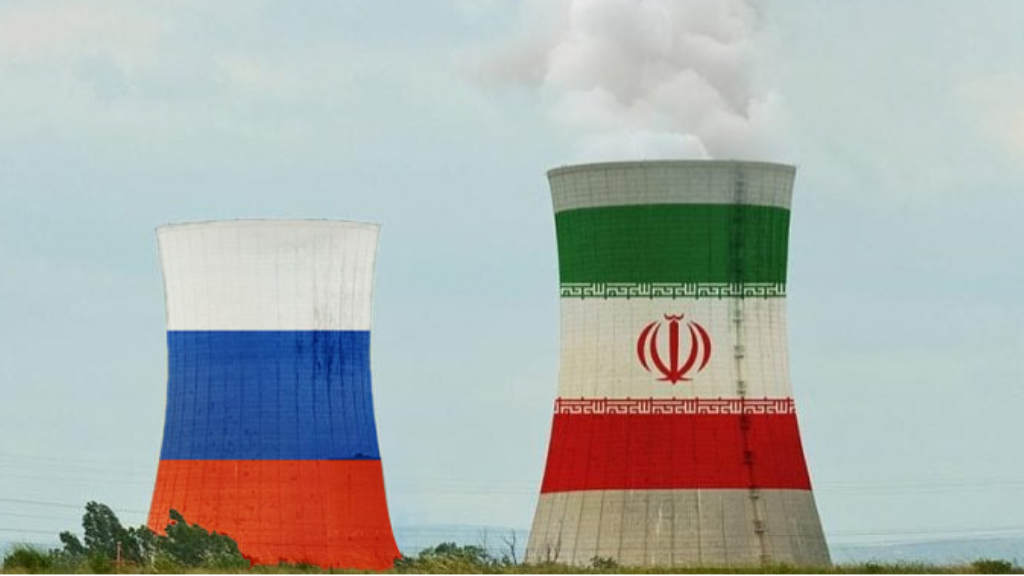Update: September 26
This agreement has now been signed, with Rosatom to build four NPP in Iran near the Strait of Hormuz, and another four smaller plants elsewhere. The contract is worth US$25 billion.
Russia and Iran are set to formalize agreements on the construction of new nuclear power units in Iran this week, according to Iranian nuclear chief and Vice President Mohammad Eslami.
Eslami confirmed that bilateral cooperation agreements, including plans to construct eight nuclear power plants, will be signed during his visit to Moscow. He arrived on Monday (September 22) and stated, “Contract negotiations have taken place, and with the signing of the agreement this week, we will enter the operational steps.”
Iran aims to reach 20 gigawatts of nuclear energy capacity by 2040. Currently, Iran operates only one nuclear plant in Bushehr, built by Russia, with a capacity of 1.024 gigawatts. However, construction of the second and third units of the Bushehr nuclear power plant is already underway.
Eslami is also leading a delegation to the World Atomic Week, stating that his trip would also include visits to Russian factories and meetings with scientific and research institutes aimed at strengthening collaboration.
The move comes as the United Nations considers whether to reimpose sanctions on Tehran over its nuclear program. This development comes after the UN Security Council rejected a draft resolution to permanently lift sanctions on Iran last week. The move, supported by Russia and China, opposed efforts by Britain, France, and Germany to reimpose UN sanctions. These European nations argue that Tehran has not met its obligations under the 2015 Joint Comprehensive Plan of Action, which sought to prevent Iran from developing nuclear weapons.
Iran denies such intentions, and Russia maintains that it supports Tehran’s right to peaceful nuclear energy. Britain, France, and Germany have offered a delay of up to six months in reinstating sanctions, provided Iran allows UN nuclear inspectors full access, addresses concerns over its enriched uranium stock, and engages in talks with the United States. Any extension requires Security Council approval. If no deal is reached by September 27, UN sanctions will come back into place. These would reimpose an arms embargo, ban uranium enrichment and reprocessing, restrict activities involving ballistic missiles capable of delivering nuclear weapons, freeze global assets, and enforce travel bans on Iranian individuals and entities.
Iranian President Masoud Pezeshkian vowed that Iran would overcome any reimposed sanctions.
Iran is a member of BRICS and the Shanghai Cooperation Organisation and has a free trade agreement with the Eurasian Economic Union. It also has a Comprehensive Strategic Partnership with Russia, which prioritizes bilateral trade and investment for 20 years.
Current bilateral trade is running at about US$4.8 billion and grew by 16.2% last year.
Further Reading
Russia, Iran, Discuss Gas Supply Volumes Higher Than Russia’s Supplies To Europe

 Русский
Русский













